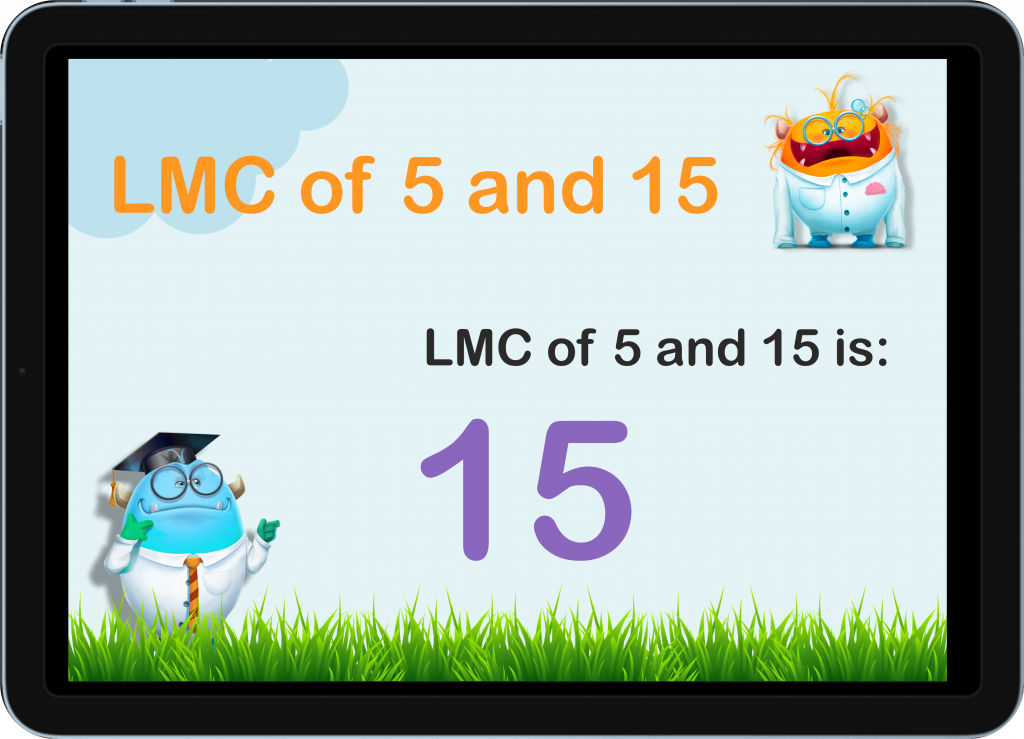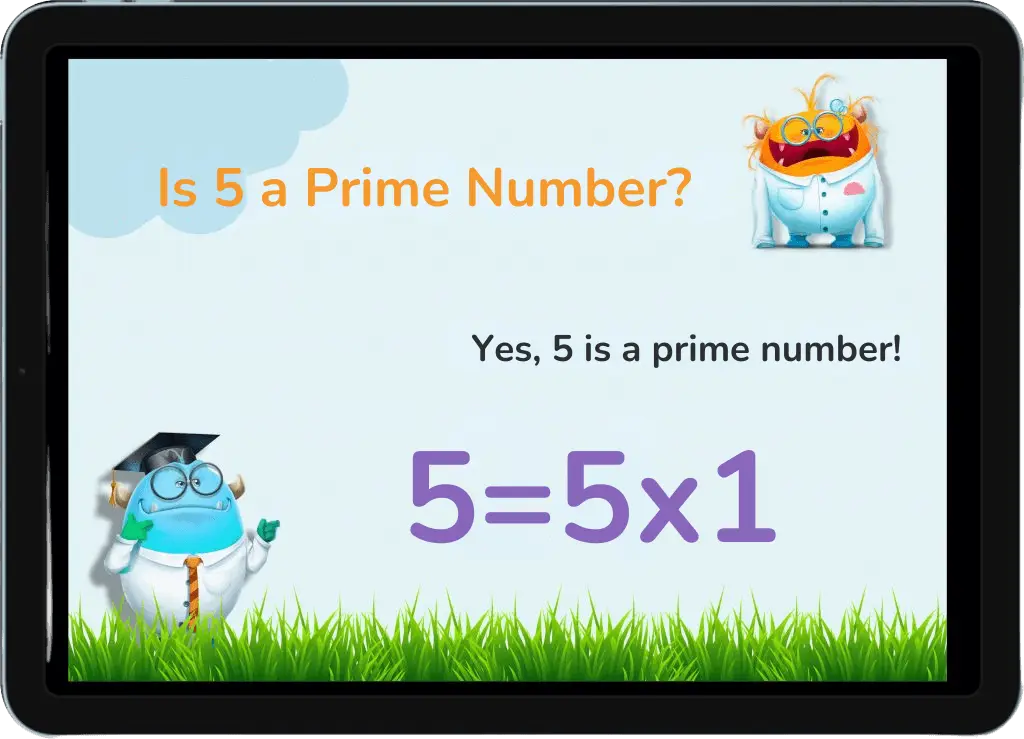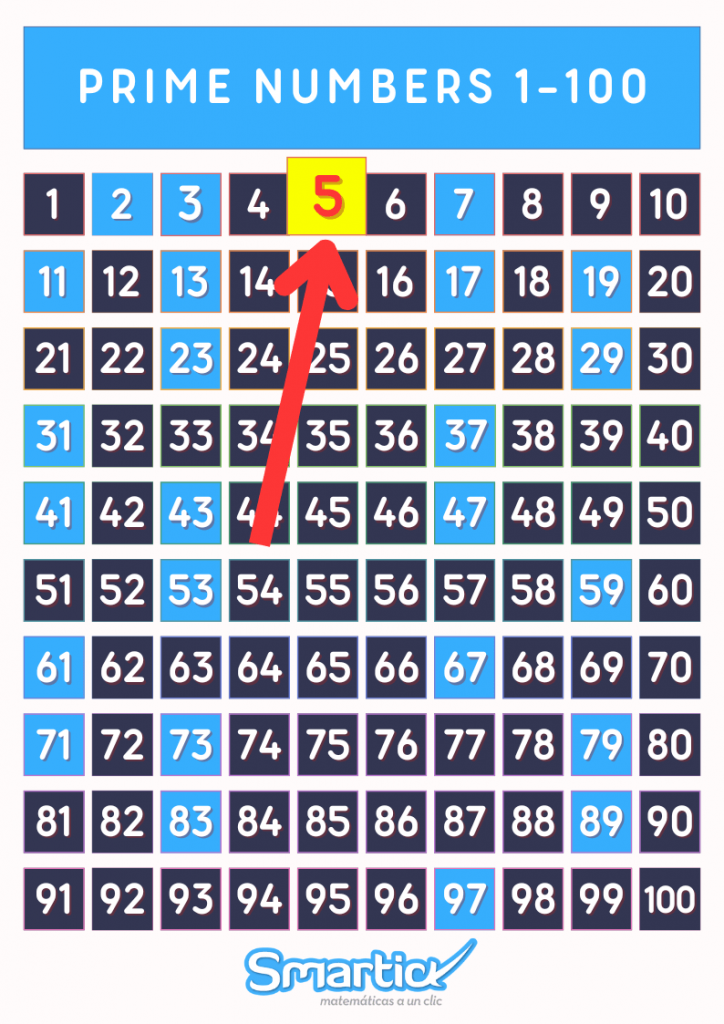Is 2 A Prime Number?
Prime vs. Composite Numbers
Greetings, young math enthusiasts! Today, let’s set sail on a mathematical voyage to determine if 2 is a prime number, and learn more about the difference between prime and composite numbers.

Is 5 A Prime Number?
Or Is 5 a Composite Number?
Exploring numbers is fun. Don’t let anyone tell you otherwise! You know what’s double-fun? Exploring prime numbers. Specifically – number 5. Let’s see if it’s a primary or composite number.


No credit card required

No credit card required
Is 5 a Prime Number?
The Unique Qualities of Number 5
Prime Factorization and Related Concepts
Comparing 5 with Other Prime Numbers
Is 5 a Composite Number?
Hey there, math adventurers! Did you know that 5 is the only prime number that is the sum of two consecutive prime numbers? That’s right—2 and 3 add up to 5!
Today, we’re going to uncover even more fascinating facts about the number 5 and see if it holds the title of a prime number. Get ready for a fun and exciting journey through the world of numbers as we explore what makes 5 so special!
Before We Dive In…
First, let’s get down to the basics and understand what a prime number is. A prime number is a natural number greater than 1 that has exactly two divisors: 1 and itself.
This means it can only be evenly divided by these two numbers without any leftovers. Some examples of prime numbers are 2, 3, 5, 7, 11, and 19.
Now that we’ve nailed the definition, let’s dive into what makes the number 5 so unique!
Is 5 a Prime Number?
Yes, 5 is a prime number. To determine if a number is prime, it must be greater than 1 and only divisible by 1 and itself. Since 5 meets both of these criteria—it is greater than 1 and can only be divided evenly by 1 and 5—it qualifies as a prime number.
This makes 5 one of the fundamental building blocks in mathematics. High five to that!
The Unique Qualities of Number 5

Now, let’s dive into some of the unique qualities of the number 5 that make it super cool. Did you know that 5 is the only prime number that ends in 5? Yup, that’s right! and there’s more.
So, buckle up, because we’re about to explore why the number 5 is truly a fascinating prime number.
Mathematical Properties
Central to the Fibonacci Sequence: The number 5 appears in the Fibonacci sequence, which is a series of numbers where each number is the sum of the two preceding ones. The sequence starts with 0, 1, 1, 2, 3, 5. Pretty cool, right?
- Second Smallest Odd Prime Number: Did you know that 5 is the smallest odd prime number after the number 3? That’s right!
- Part of Smallest Twin Prime Numbers: Twin prime numbers are pairs of prime numbers that differ by exactly two! The smallest twin prime happens to be three and five (3 and 5)!
- Only Number With Two Twin Prime Numbers: Five is the only prime number that is part of two twin primes, 3 and 7. This means it uniquely sits between two sets of twin prime pairs, making it a special prime in the number sequence.
5 in Nature and Culture
- Starfish, Fingers, and Flowers: In nature, the number 5 shows up in some really neat ways. For example, many starfish have 5 arms, and a lot of flowers, like the lily, have 5 petals. Your fist has 5 fingers as well! This makes the number 5 nature’s favorite pattern!
Cultural Significance: In many cultures, 5 is considered a number of balance and harmony. For instance, in Chinese culture, the number 5 is associated with the five elements: wood, fire, earth, metal, and water. These elements are believed to create balance in the universe. How coincidental? It stands right in the middle of the first 10 numbers!
Five Senses: Think about it – humans have five senses: sight, hearing, taste, touch, and smell.
Applications of Prime Number 5
- Pentagonal Numbers: The number 5 is the first number in the sequence of pentagonal numbers, which are figurate numbers representing pentagons. Pentagonal numbers include 5, 12, 22, 35, 51, 70, 92… These numbers can be visualized as dots or pebbles arranged like a pentagon. The formula for the nth pentagonal number is 3n2−n2\frac{3n^2 – n}{2}23n2−n, and when n=1n = 1n=1, it results in 5, making it the first pentagonal number.
Mathematical Puzzles and Games: The number 5 is often used in mathematical puzzles and games because of its interesting properties. For example, in the game “Fizz Buzz,” players count up from 1, but every time they reach a multiple of 5, they say “Buzz” instead. It’s a fun way to practice your multiplication and division skills!
Prime Factorization and Related Concepts
Prime factorization of 5: 5
Since 5 is a prime number, it cannot be broken down into other prime factors. It’s a unique and special number, standing alone as its own prime factor.
Comparing 5 with Other Prime Numbers
Let’s compare 5 with some of its prime number buddies, like 3 and 7. These numbers share some common traits—they can only be divided by 1 and themselves—but each has its own unique place in the sequence of prime numbers.
For example, 3 is the second prime number, 5 is the third, and 7 is the fourth. This sequence helps mathematicians understand the distribution of prime numbers and their properties.
Is 5 a Composite Number?
Now, let’s tackle another important question: Is 5 a composite number? The answer is no. A composite number has more than two divisors, meaning it can be divided evenly by numbers other than just 1 and itself. For instance, 6 is a composite number because it can be divided by 1, 2, 3, and 6.
However, 5 can only be divided by 1 and 5, making it a prime number, not a composite number. Game over for composite aspirations!
Last Words
Congrats, number ninjas! You’ve navigated through the fascinating world of prime numbers and discovered why 5 is a prime number. Remember, a prime number is a natural number greater than 1 with exactly two factors: 1 and itself.
Keep exploring and uncovering more mathematical wonders. Who knows, maybe the next prime number you discover will be even more exciting than 5!
Learn More About Prime Numbers
© 2024 Smartick. All Rights Reserved.
